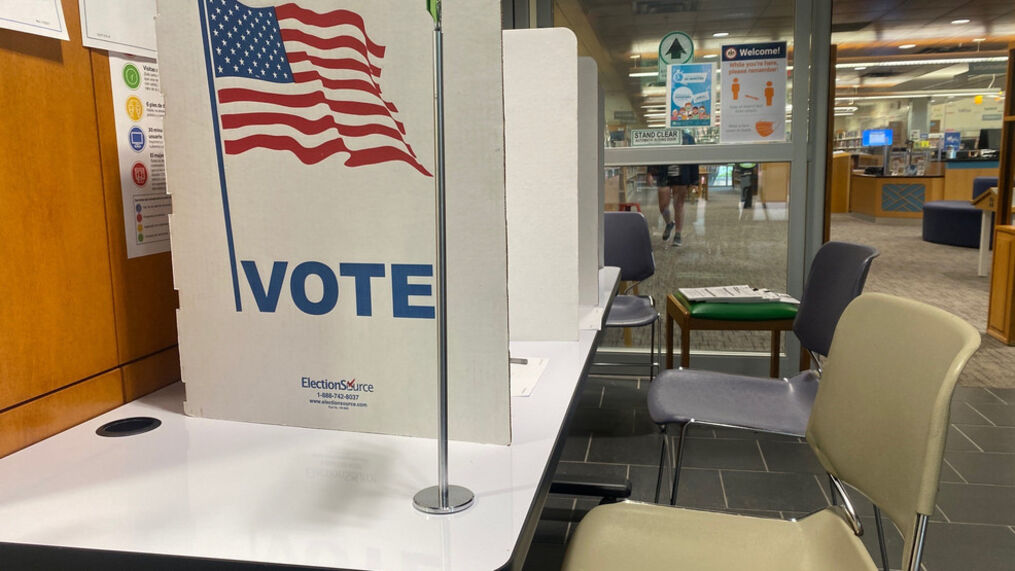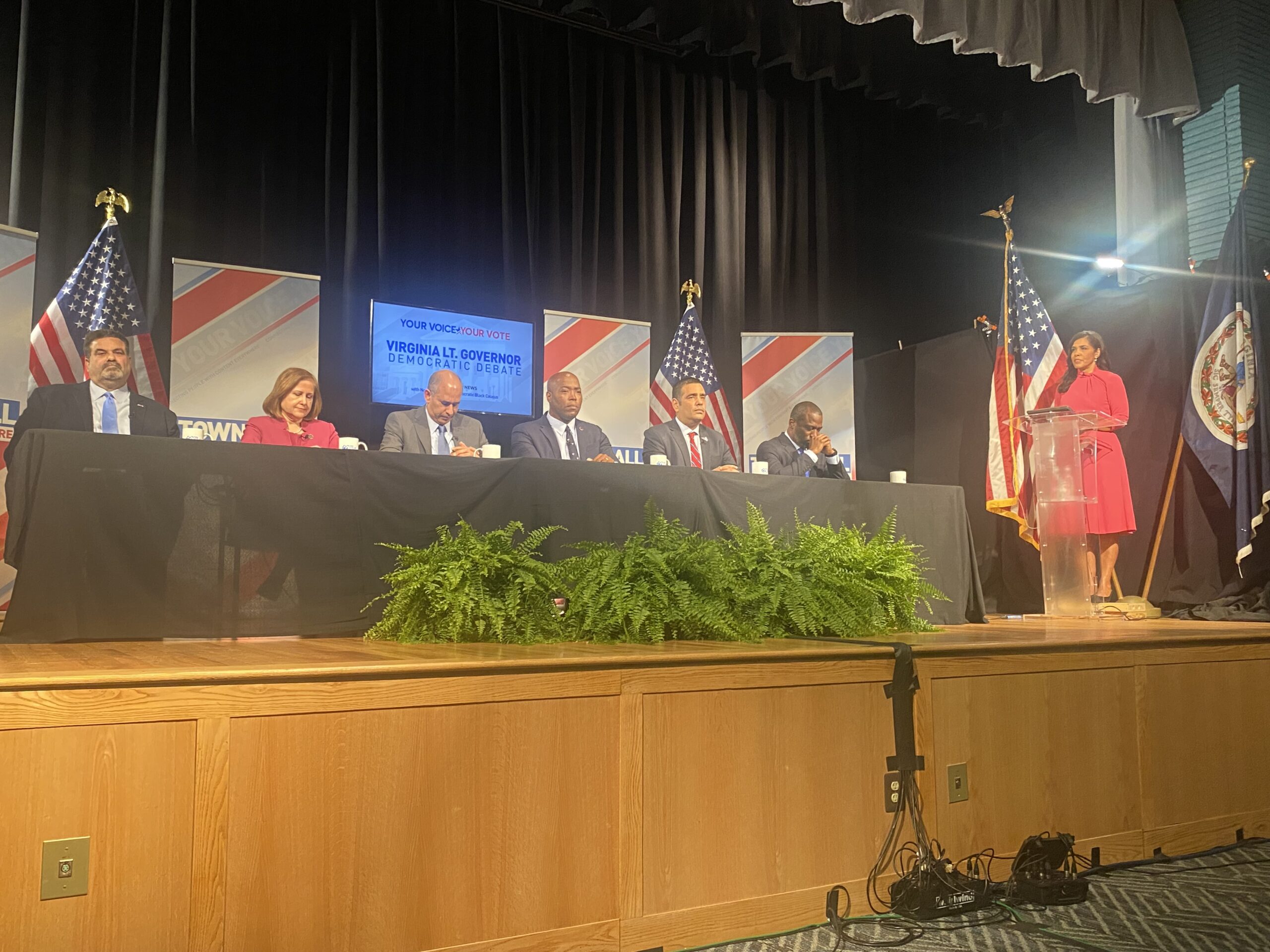Conservative group threatens lawsuit after being told it can’t publish Virginia’s voter rolls
A Republican-backed group that aims to promote “election transparency” by publishing voter data from across the country on its website is threatening legal action against Virginia over a new state law banning outside groups from publishing voter rolls online.
The Virginia Department of Elections recently sent a letter to the Voter Reference Foundation, run by former Republican U.S. Senate candidate Doug Truax of Illinois, instructing the organization to remove Virginia’s voter rolls from its website.
The site allows visitors to search by both name and address. It displays party affiliation in states where voters register by party and a history of which elections a voter participated in, but not how they voted.
The state’s letter suggesting the site’s publication of Virginia’s voter rolls was illegal cited the new law signed by Gov. Glenn Youngkin, as well as other laws prohibiting the use of voter data not purchased directly from the elections department.
“The publication of voter information contained on the aforementioned lists is not a permissible use of the lists,” Virginia election policy analyst Ashley Coles wrote in the July 8 letter, which was sent shortly after the new law took effect July 1.
The site contained no data for Virginia as of Thursday afternoon.
In a statement released in response, Truax took a swipe at Youngkin.
“We are puzzled why a governor who said he favored election transparency would sign a bill that prevents his citizens from seeing the election records they pay for,” Truax said. “He’s on the wrong side of history here. People are demanding more transparency in their elections, not less.”
The governor’s office defended the new law, passed via Senate Bill 698, saying the information the group publishes isn’t reliable because it “will quickly become inaccurate.”
“SB 698 protects election integrity by ensuring that accurate information is posted online, as opposed to outdated voter rolls, which are only accurate the day they are pulled from the voter registration system,” said Youngkin spokesperson Macaulay Porter. “In Virginia, voter lists are updated each and every day to account for people moving or passing away.”
The dispute between the group and Virginia was first reported by The Federalist.
The law prohibiting the online publication of Virginia’s voter data passed the General Assembly with unanimous bipartisan support.
While pitching the bill to legislators earlier this year, Sen. Creigh Deeds, D-Bath, presented it as a common-sense measure to prevent Virginians’ sensitive information, like home addresses, from being easily accessible online.
“The aim of this is to prevent people from being harassed because the information they use when they register to vote has been published,” Deeds said at a Senate committee hearing in February.
Virginia’s voter registration data is quasi-public. Political parties, campaigns, PACs and nonprofits doing voter outreach can purchase lists of registered voters from the state, and that information is routinely used for election season advertising.
The law allows some voters to shield their addresses, including law enforcement officers, judges, domestic violence survivors, stalking victims and others who might fear for their safety if it were easy to find out where they live.
State law specifies the voter lists available to the specified purchasers “shall be furnished to no one else and used for no other purpose.”
It’s unclear how the Voter Reference Foundation obtained Virginia’s voter rolls.
“VRF routinely uses third party data specialists to request and acquire the public information through legal means,” said Libby Krieger, a spokeswoman for the group.
The VRF won a preliminary legal victory last month in New Mexico, where officials were making similar efforts to prohibit the group from publishing voter data it obtained. The threat of criminal prosecution for publishing government information, a federal court ruled on July 22, amounts to “an ongoing form of viewpoint discrimination and prior restraint, which the First Amendment does not tolerate.”
The group has said it hopes to eventually publish voter data from all 50 states and “will take legal action in states that prevent publication, such as Virginia.”
The Virginia General Assembly rejected a related bill this year that would have banned political operatives from using the same Virginia voter lists to try to shame people into casting a ballot by publishing mailers comparing the recipient’s voting history with that of their neighbors.
(Virginia Mercury is part of States Newsroom, a network of news bureaus supported by grants and a coalition of donors as a 501c(3) public charity. Virginia Mercury maintains editorial independence. Contact Editor Sarah Vogelsong for questions: info@virginiamercury.com. Follow Virginia Mercury on Facebook and Twitter)



